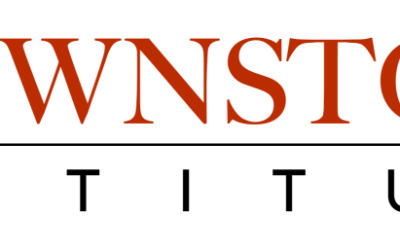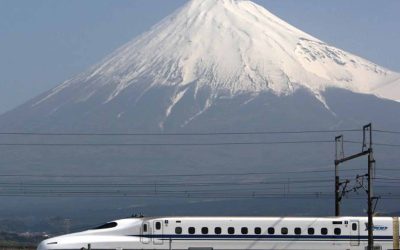It’s widely accepted by many economists that free trade promotes economic growth, fights poverty, reduces inequality and is beneficial to all countries that participate, on both sides of the trade.
Yet, an important piece of the international free trade puzzle, the Doha Round of trade negotiations at the World Trade Organization (WTO), has been a complete failure.
Under negotiation since 2001, the Doha Round is a multilateral international free trade agreement aimed at lowering trade barriers like tariffs and quotas to facilitate increased global trade, particularly between the developed and the developing world.
The negotiations were always going to be slow and difficult, but recently talks have collapsed even further with no real progress made since 2008.
Disagreements between major players like the US, EU, China, India and Brazil, particularly over agriculture, industrial tariffs and non-tariff barriers, have prevented any meaningful reform.
Despite free trade being so broadly recognised as beneficial in all of these countries, their governments continue to hold up the Doha negotiations for political reasons.
The benefits of free trade tend to accrue over the long term and spread out over the entire economy, making them much harder to see, while the costs of free trade are far more visible, concentrated in time and in certain sectors, like job losses in industries that aren’t viable in the long term.
Many politicians recognise what economists say about free trade, but they can’t avoid the temptation to prop up unsustainable businesses to protect jobs in the election-cycle dominated short term of politics, rather than focussing on the best long term policies for the country.
They can’t help themselves from inserting exceptions into deals, negotiating exemptions in agreements and pushing for compromises, to the point where, reading some Free Trade Agreements, they seem to have more goods exempted than included.
Some still hold out hope for the Doha talks, but the differences between the parties are significant and a positive outcome is unlikely, at least in the short term.
In the mean time, Canada and other countries should continue to focus on the kind of bilateral and regional trade deals that were prevalent before the WTO discussions.
Smaller scale agreements, like NAFTA for example, are generally easier to settle thanks to the limited number of countries and competing interests involved in the negotiations.
Canada signed the Comprehensive Economic Trade Agreement (CETA) with the European Union in October, and is working on other trade agreements that will benefit Canada’s short and long-term economic interests.
The government is also on the cusp of a bilateral trade deal with South Korea and is playing a significant role in a regional agreement under negotiation with 12 other countries in Asia and the Americas, known as the Trans Pacific Partnership (TPP).
Free trade deals will always be a three-way trade off between how ‘free’ the agreement actually is, how many countries are included in the deal and the achievability of the negotiations.
The Doha talks are both comprehensive in nature and cover many countries, which greatly expands the number of competing interests vying for their own special dispensations, making it difficult for many countries to sign up.
By contrast, the Canada – South Korea deal is also comprehensive but has proven far easier to conclude thanks to being limited to only those two countries.
Interestingly, CETA and the TPP are both a little of each – moderately inclusive, a reasonable but limited number of countries and, therefore, a decent chance of successful implementation.
After the CETA signing last year, if the South Korea and TPP negotiations can be concluded successfully, the Canadian government will have achieved three incredibly significant deals negotiated outside the WTO.
If other countries continue to demand wide-ranging exemptions in trade deals, don’t expect any more progress at the WTO for the foreseeable future.
The WTO was specifically created to facilitate free trade – if it is unable to effectively perform that task, then Canada and other nations must continue to pursue more bilateral and regional trade deals, to extend the benefits of free trade to as much of the world as possible.


